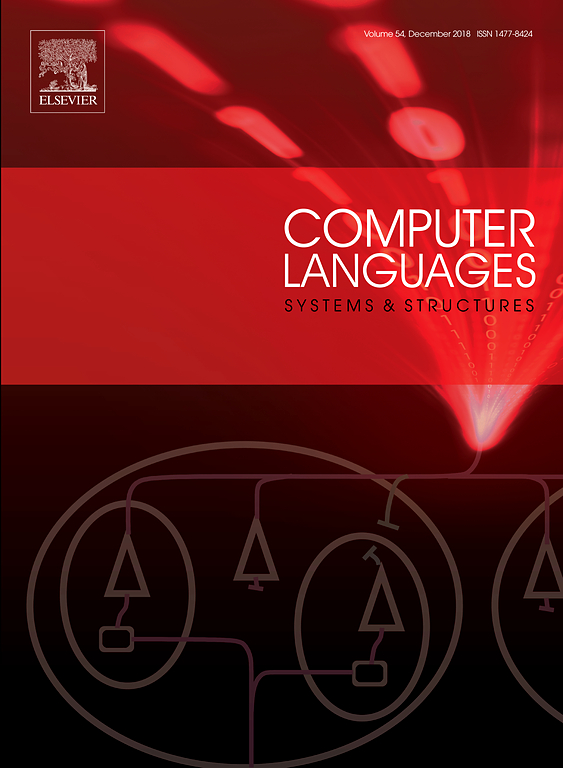1909年费迪南德·卡尔贝兹发了一封信公民澡堂文明史的评注
Q1 Computer Science
引用次数: 0
摘要
1909年5月,来自林茨的档案馆议员Ferdinand Krackowizer(1844–1933)前往卡罗维发利的温泉浴场。他写了一本旅行日记和一本记忆相册,在里面他存储了各种文件:明信片、音乐会节目、门票、菜单、主治医生的报告等。通过分析这些文件,我们能够详细地重建Krackowizer在水疗中心的生活,并更深入地了解世纪之交卡罗维发利的日常水疗文化。此外,分析还考虑到旅行者本人在旅行日记中提供的意见和评估。日记进一步促进了Krackowizer网络的重建,并了解了与水疗旅行相关的文化实践的不同方面。最后,这些主要来源显示了Krackowizer将其水疗之旅作为一种外部表现形式的重要性。本文章由计算机程序翻译,如有差异,请以英文原文为准。
Die Karlsbad-Reise des Ferdinand Krackowizer im Jahre 1909. Anmerkungen zu einer Kulturgeschichte der bürgerlichen Badereise
In May 1909, Ferdinand Krackowizer (1844–1933), an archival councillor from Linz, took a trip to the spa in Karlovy Vary. He kept a travel diary as well as a memory album where he stored all sorts of documents: postcards, concert programmes, tickets, menus, a report from his attending physician, etc. By analysing these documents we are able to reconstruct in detail Krackowizer’s stay at the spa and gain deeper knowledge of the everyday spa culture in Karlovy Vary at the turn of the century. In addition, the analysis takes into account the opinions and assessments provided by the traveller himself in his travel diary. The diary further facilitates reconstructing Krackowizer’s networks and understanding different aspects of cultural practices connected to spa travel. Finally, these primary sources show the importance which Krackowizer attributed to his spa trip as a form of external representation.
求助全文
通过发布文献求助,成功后即可免费获取论文全文。
去求助
来源期刊

Computer Languages Systems & Structures
工程技术-计算机:软件工程
CiteScore
2.74
自引率
0.00%
发文量
0
审稿时长
>12 weeks
期刊介绍:
Following the merger of Computer Languages, Systems and Structures with the Journal of Visual Languages and Computing in 2018, we are excited to present the Journal of Computer Languages, a single publication which covers all areas of computer languages.
The Journal of Computer Languages (COLA) welcomes papers on all aspects of the design, implementation, and use of computer languages (specification, modelling, programming; textual or visual) and human-centric computing, from theory to practice. Most papers describe original technical research, but the journal also welcome empirical studies and survey articles.
Current research areas for the Journal of Computer Languages include:
-Block-based languages-
Cognitive, perceptive and motoric systems and models-
Compilers and interpreters-
Computational thinking-
Design and development of concurrent, distributed, parallel, quantum and sequential languages-
Domain-specific languages-
End-user development-
Generative approaches, meta-programming, meta-modelling-
Human aspects and psychology of designing languages-
Information visualization-
Interaction models and languages-
Location-based data and processes-
Language design and implementation-
Language-based security-
Language evolution, integration, composition, and coordination-
Language product lines-
Language workbenches, meta-languages and development frameworks-
Languages, models, and frameworks for visual analytics-
Languages for large-scale scientific computing-
Languages for software specification and verification-
Libraries, run-time environments and language ecosystems-
Modelling and programming languages-
Modularity and extensibility of language specifications and programming-
Parallel/distributed/neural computing and representations for visual information processing
[...]
 求助内容:
求助内容: 应助结果提醒方式:
应助结果提醒方式:


